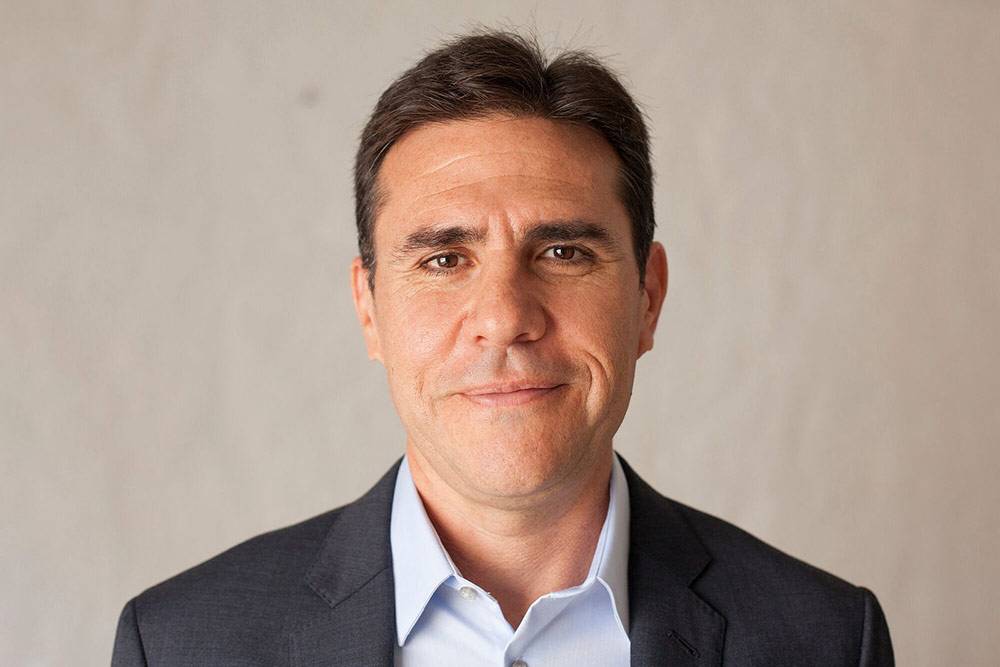
Simon Romero, the Brazil bureau chief for The New York Times, will speak at Duke University Thursday, Nov. 17.
“A Conversation with Simon Romero” begins at noon in 011 Old Chemistry on Duke’s West Campus, preceded by a light lunch at 11:45 a.m. The event is free and open to the public.
Romero has been the Times bureau chief, based in Rio de Janeiro, since 2011. Patrick Duddy, a former U.S. ambassador to Venezuela and now the Semans International Visiting Professor in Duke’s Office of Global Affairs, will moderate the conversation.
They will discuss recent events in Brazil, including the impeachment of former President Dilma Rouseff, Colombia’s peace referendum, the crisis in Venezuela and other issues.
An American journalist raised in New Mexico, Romero covers Brazil, Argentina, Chile, Paraguay and Uruguay. He was previously the paper's Andean bureau chief, based in Caracas, Venezuela, from 2006 to 2011. He joined The New York Times in March 1999.
Romero previously worked in Brazil for Bloomberg News, having launched the company's news bureaus in Brasilia and Rio de Janeiro. He was also a senior correspondent based in Rio de Janeiro for the pan-regional business magazine America Economia.
Romero received the Maria Moors Cabot Prize for reporting on Latin America & the Caribbean in 2015. In 2014 he won the Robert Spiers Benjamin Award for best reporting in any medium on Latin America.
The talk is the first of the “Burning Issues in South America” speaker series, sponsored by the Duke Center for Latin American and Caribbean Studies.
Romero’s talk received support from the center, Duke Office of Global Affairs and the Hanscom Endowment. It is co-sponsored by the Franklin Humanities Institute and the Forum for Scholars and Publics.